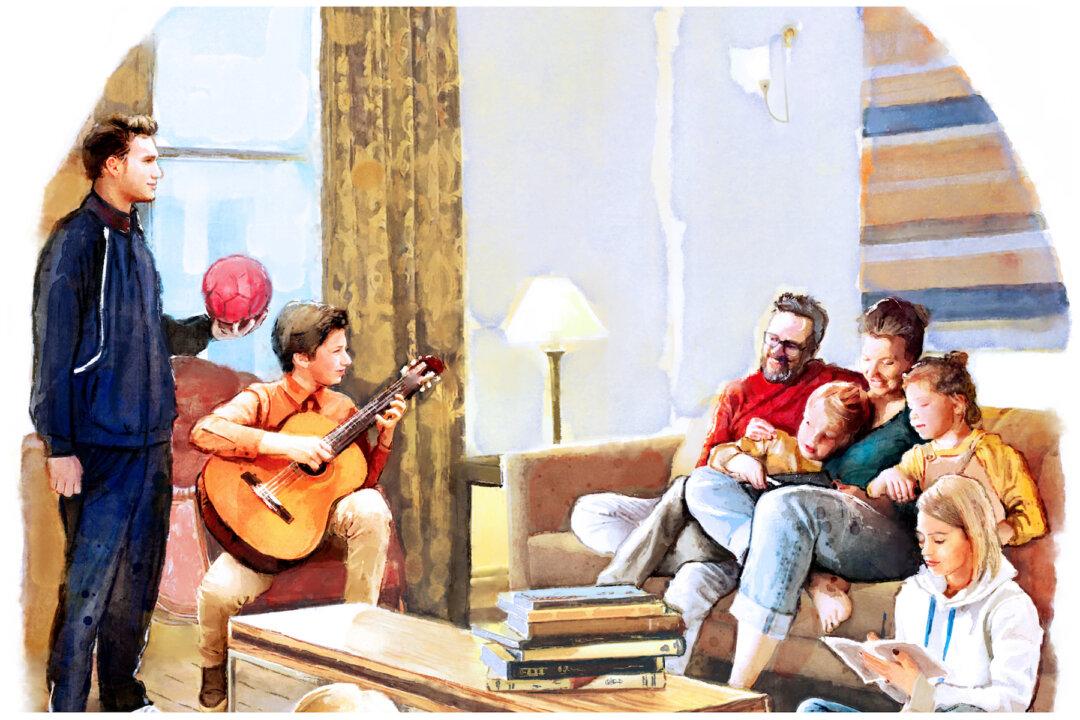Set in the early 20th century, the 1950 film “Cheaper by the Dozen” gives us a look at the Gilbreths: a mother and father raising their 12 children.
In one scene, a representative from Planned Parenthood, directed to the Gilbreth house by a mischievous neighbor, asks Lillian Gilbreth to head up the local chapter of that organization. Lillian tells the visitor she’ll have to consult with her husband, Frank, who follows her back into the parlor, briefly greets the woman, and then blows a whistle. A horde of children, teenagers and toddlers, thunder down the stairs and gather around their father. When the woman learns that this jumbo-sized assembly is the offspring of Lillian and Frank, she leaves the house horrified.






